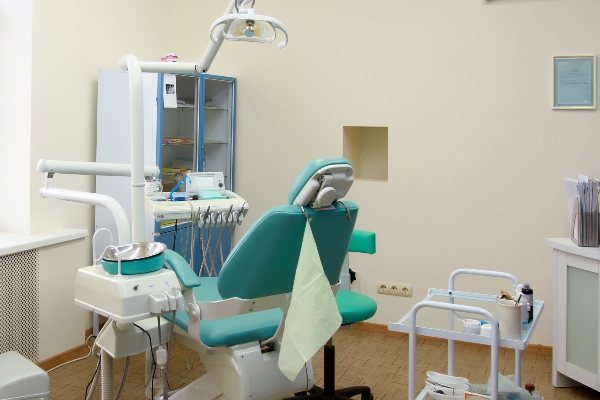 To progressively and accurately straighten teeth, Invisalign® employs cutting-edge technologies, including computer modeling and computer-assisted manufacturing. Read on to learn more about this teeth-straightening option. The patient, as with any orthodontic therapy, plays an important part in the process. The quality and timeliness of your outcomes all depend on the patient's dedication to treatment instructions.
To progressively and accurately straighten teeth, Invisalign® employs cutting-edge technologies, including computer modeling and computer-assisted manufacturing. Read on to learn more about this teeth-straightening option. The patient, as with any orthodontic therapy, plays an important part in the process. The quality and timeliness of your outcomes all depend on the patient's dedication to treatment instructions.
4 Tips for undergoing Invisalign
The following are some important recommendations to help patients achieve optimal outcomes from Invisalign treatment.
1. Wear the aligners consistently
Getting used to changes in daily habits often takes time. Fortunately, many patients report being comfortable wearing the aligners after one to two weeks of consistent use. Consistent use means having them on for at least 22 hours each day. Patients should only take them out when eating, drinking, and brushing their teeth, and for no more than a total of 2 hours each day.
When each new pair of aligners fits securely over the teeth, the treatment is working as expected. On the other hand, deviating from full-time use may lead each aligner to fit poorly with time. This will need fresh impressions or scans and the remaking of the aligners in the future. Since this may prolong your treatment duration, it is advisable to wear the aligners as directed.
2. Use “chewies” as needed
When each aligner tray fits precisely over the teeth before switching them, it is a sign of optimal Invisalign treatment. When there are air spaces between the teeth and the aligner, the aligners are not fitting properly, which means they are not working properly. For such gaps, patients can opt for "chewies," which are tiny cylindrical cushions composed of styrene copolymer, a plastic-like substance. Biting down on chewies for up to 10 minutes a few times a day can ensure the aligner sits snugly against the teeth, which will improve the chances of finishing treatment on schedule.
3. Accept attachments
The Invisalign system comprises aligners and the attachments placed on some teeth to enhance the efficacy of the aligners. The attachment is a tiny tooth-colored dot of composite resin material. Since aligners are removable, they tend to slide during specific motions. Attachments function as an anchor in these cases to give the aligners a stronger hold on the teeth. The visibility of the attachments is determined by where they are put and how well the color matches the natural tooth color. However, they are typically hardly visible.
4. Daily oral hygiene is important
Patients already have the added convenience of oral hygiene with the removability of Invisalign aligners. It is important to brush and floss the teeth regularly to prevent oral issues that might require treatment and lengthen the treatment duration. Good oral hygiene also includes cleaning the tray properly to prevent bacteria accumulation and discoloration.
The bottom line
A lot of time and effort goes into Invisalign treatment, so committing to the process will ensure you get that beautiful smile after the treatment is over. Contact our dental office to discuss your requirements if you are interested in Invisalign treatment or need further guidance.
Request an appointment or call Price Family Orthodontics at 972-528-5519 for an appointment in our Frisco office.
Related Posts
If you have uneven or crooked teeth, you might be very self-conscious about it. Teeth straightening can correct this issue and give you the smile you want. But, some options are much more noticeable than others. Invisalign offers effective teeth straightening. It is discreet and almost unnoticeable. Gently correcting the teeth without the obvious flash…
For many patients, Invisalign® treatment is a good alternative to traditional braces. Treatment time is often shorter, and patients can maintain better oral hygiene during the process. This type of orthodontic treatment uses a series of clear aligners to straighten teeth. The patient wears the trays for 20-22 hours a day, only removing them for…
Patients who choose Invisalign® are generally able to maintain a more normal lifestyle than patients wearing traditional braces. Patients with wire-and-bracket braces, or those who had such braces in the past, likely remember at least one instance in which they had to visit the emergency orthodontist to replace a part or fix a broken wire,…
